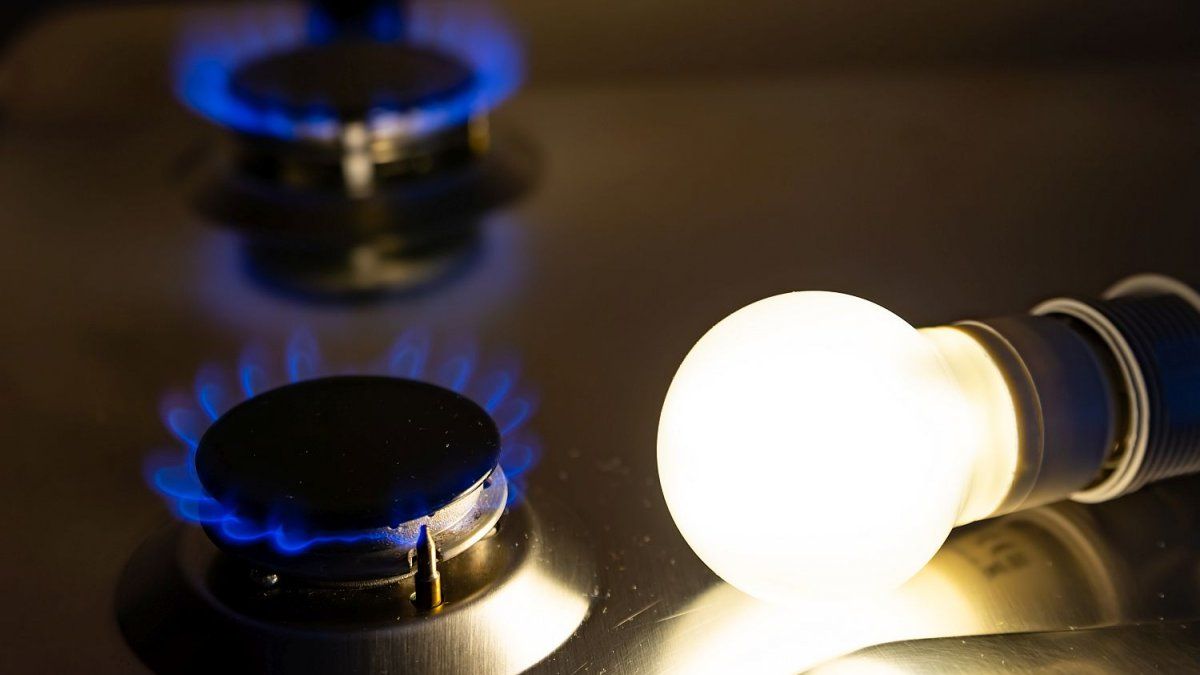The president’s statement Javier Milei that he inflation floor of 2% monthly is what the program itself generates of stabilization, by setting a peso devaluation rate of that magnitude, is partially true.
It is assumed that if inflation tends to that level, it could be in parallel with the Central Bank’s peso devaluation rate. And therefore, If the so-called “crawling peg” is lowered, inflation should decrease.
But according to a report the Invecq consulting firm, Yeah Santiago Bausilli and the board of directors of the monetary entity decided to reduce the crawl rate, that It would not necessarily translate into a lower price increase..
The explanation is the delay of utility rates. Despite the harsh adjustment that occurred throughout 2024 that meant a decrease in spending on subsidies, the reality is that the price that users pay for electricity and gas are still behind. Some already pay full rates, but others do not.
The report recalls thatThe behavior of food prices is much more aligned with the price of the dollar than that of rates, which is linked more than anything to the rate increases granted by the government and the evolution of salaries.
Rates still need to be raised
Invecq points out, regarding services, that “although the government has made a lot of progress, there is still a long way to go.” “For example, “Electricity, gas and other fuels” is 33% below its relative price in 2019 in Greater Buenos Aires, and “Public Transportation” 25%.” “If this period is used as a ‘base’, there are five points of ‘repressed’ inflation due to delayed regulations,” estimates the consulting firm.
On the other hand, the report states that “The registered private salary accumulates six consecutive months of real increasesalthough it has not yet returned to the level of November 2023, and the pace of recovery considerably moderated in August and September.”
“As for the informal ones, given the delay in official statistics, it is difficult to know their current situation, but it is expected to be worse than that of the formal ones,” adds the study.
Even if the crawl was reduced to 1%, inflation would not drop below 2%
In that way, Invecq proposes a scenario in the coming months in which the price of goods such as food continues to fall if the government reduces the crawling peg from 2% to 1% monthly. But the price of public services should rise.
The study takes into account that In 2025 the government needs salaries to beat inflation because it is an election year. “By doing a hypothetical exercise, in which theseBy October 2025 with purchasing power 5% higher than in November 2023, inflation would fluctuate around 2.3% monthly during the first semester, a figure much lower than that of 2024, but far from the new exchange rate pattern,” estimates the report.
Added to this is that there could be a pdollarization pressure in 2025 as a consequence of the electoral environment, as is usual in Argentina. This could widen the gap with the official dollar and boost inflation either through the blend dollar or through simple negative expectations.
Source: Ambito
David William is a talented author who has made a name for himself in the world of writing. He is a professional author who writes on a wide range of topics, from general interest to opinion news. David is currently working as a writer at 24 hours worlds where he brings his unique perspective and in-depth research to his articles, making them both informative and engaging.




